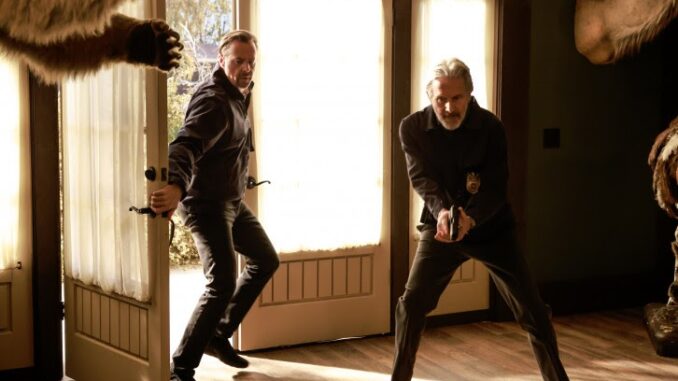
The Echo in an Empty Room: He Came Back from War but Lost Everything
The dust devils of Kandahar had danced in his memory for years, a swirling kaleidoscope of sand, fear, and the ghosts of comrades. Sergeant Elias Thorne had weathered mortar fire, held his own in firefights, and navigated the treacherous landscape of a war that seemed to stretch into forever. He’d returned home a hero, a decorated veteran, a survivor. But the irony, a bitter, corroding taste, was that surviving the war had meant losing everything else.
Elias walked back into America a changed man, a stark contrast to the hopeful, strapping youth who had shipped out five years prior. The vibrant colors of his former life seemed muted, the laughter of children jarring, the normalcy of grocery store aisles a bizarre and alien landscape. The war had carved deep trenches in his soul, trenches that the well-meaning platitudes of family and friends couldn't bridge. “Welcome home, son!” his father had boomed, a hearty hug squeezing the breath from his lungs. But the home Elias returned to wasn’t the home he remembered. It was a stage set, populated by characters who didn't understand the script he was now living.
The first domino to fall was his marriage. Sarah, his high school sweetheart, the woman whose letters had been a lifeline in the darkest hours, couldn't reconcile the Elias she loved with the man who returned. The nightmares that wracked him in the middle of the night, the sudden, inexplicable bursts of anger, the haunted look in his eyes – these were foreign languages she couldn't decipher. "You're not yourself, Elias," she'd whispered, tears streaming down her face. He knew she was right. The boy she knew was buried somewhere beneath the rubble of blown-up buildings and the weight of unspoken trauma. He tried to be the husband she needed, but the war had ripped a hole in him, a hole that love, even the most profound love, couldn't fill. The divorce papers were signed with a tremor, a final acknowledgement of the casualty he had become.
Then came the job. He had dreams of returning to his father’s construction business, of building something tangible, something solid, after years of destruction. But the focus and meticulousness he'd once possessed were gone, replaced by a restless energy and a hair-trigger temper. He struggled to follow instructions, to work alongside men who hadn’t seen what he had. A misplaced nail, a loud noise, could trigger a flashback, plunging him back into the chaos of the battlefield. He lost his job after a confrontation with a coworker, the echoes of explosions ringing louder in his ears than the words of reprimand.
The loneliness was a constant companion, a shadow that stretched long and suffocating. He tried reaching out to other veterans, attending support groups, sharing his experiences. But even among those who understood the horrors he had witnessed, he felt a profound disconnect. Their demons were different, their scars formed by different battles. He was adrift in a sea of shared trauma, yet utterly alone.
His savings dwindled, and soon he lost his apartment. He found himself living out of his truck, the same truck he had dreamed of taking Sarah on road trips in. Now, it was his only home, his only refuge. The familiar scent of pine air freshener was a pathetic attempt to mask the acrid smell of desperation. He started to avoid his family, embarrassed by his failure, ashamed of the burden he had become.
One particularly bleak evening, parked on the outskirts of town, he looked up at the stars, the same stars he had seen over Afghanistan, the same stars that seemed indifferent to his plight. The war had stripped him of his identity, his purpose, his future. He had come back from war, physically intact, but everything that mattered had been left behind, buried in the sand, lost in the echoes of gunfire. He was an echo himself, a hollow man in an empty room, haunted by the ghosts of what was and the specter of what could have been.
Elias Thorne's story is a tragedy, a reminder that war doesn't just claim lives on the battlefield. It can steal futures, shatter dreams, and leave behind a wreckage of broken souls. His experience underscores the critical need for comprehensive support for veterans, support that goes beyond physical healing and addresses the profound psychological and social wounds that war inflicts. He came back from war, but he lost everything. And in losing everything, he became a silent testament to the enduring cost of conflict, a cost that continues to ripple through lives long after the guns have fallen silent.